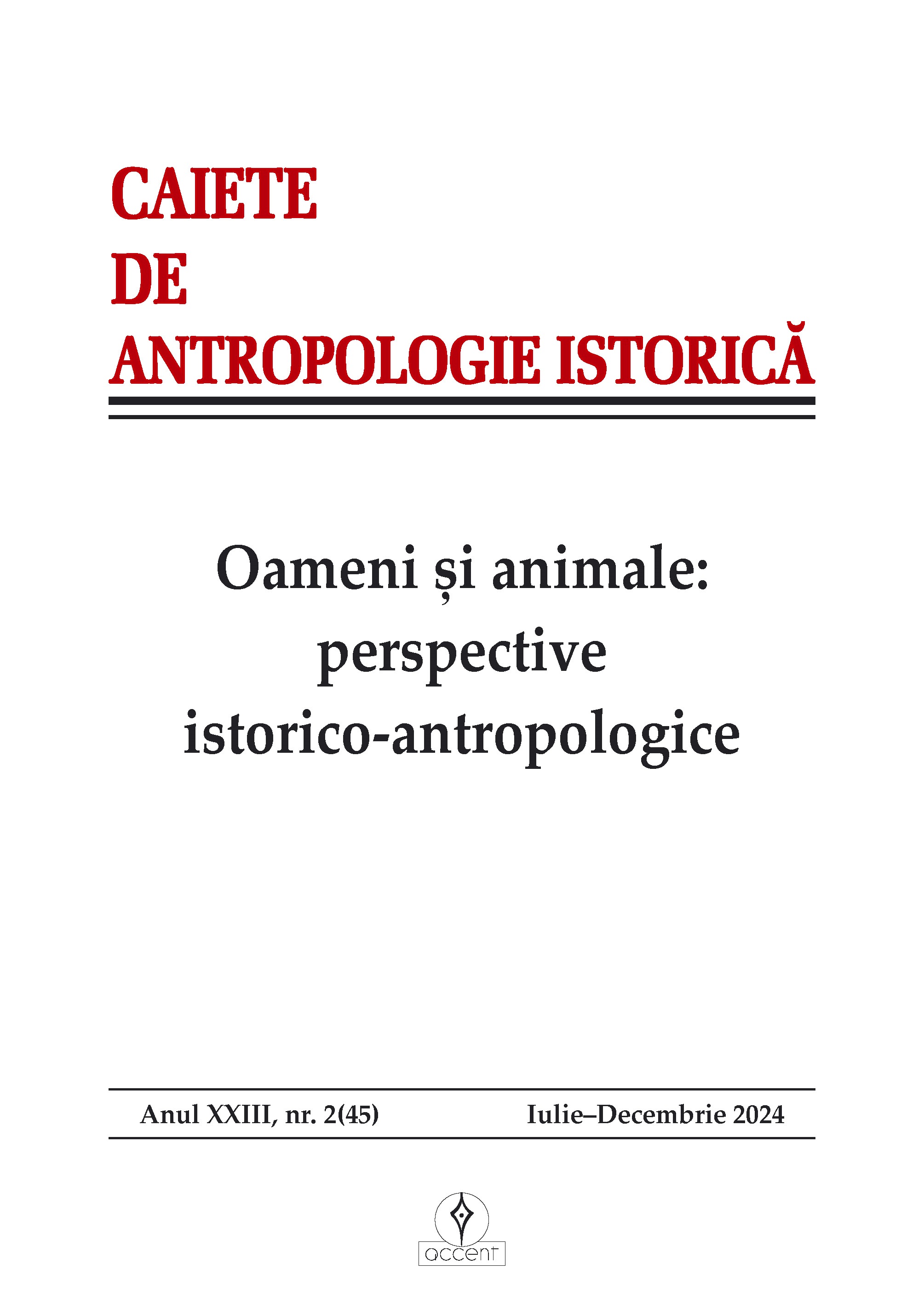Comportamente, atitudini manifestate de populația din Județele Satu Mare și Sălaj în contextul campaniilor de colectare a cailor de către Comisia 24, cumpărare cai
Behaviors, attitudes shown by the population of Satu Mare and Sălaj Counties in the context of horse collection campaigns by Commission 24, horse purchase
Author(s): Ciprian PustaSubject(s): Local History / Microhistory, Political history, Social history, WW II and following years (1940 - 1949), Post-War period (1950 - 1989), History of Communism
Published by: Accent Publisher
Keywords: Kingdom of Romania; U.S.S.R.; Armistice Convention – 12 September 1944; Satu Mare and Sălaj Counties; Commission 24; horse purchase; horse collections; petitions;
Summary/Abstract: Some of the many goods that the Romanian state and its inhabitants were obliged to give to the Soviet Union on account of the Armistice Agreement of September 12, 1944 were horses. In order to organize the collection and delivery of horses to the USSR in the best conditions, the Romanian state decided to set up military commissions for the collection of horses, which would operate throughout the country. Twenty-six collection commissions were set up, of which Commission 24 Horse Purchase was delegated to collect horses from the counties of Satu Mare and Sălaj. This study is not intended to present how the horse collection campaign was conducted in the two counties. Its purpose is to reveal the impact of these collections on the peasants, their behavior and attitude towards the prospect of losing their horses.According to a Convention concluded on January 5, 1945 by the Kingdom of Romania with the USSR, during the six years of application of the Armistice Agreement, 190,000 horses, worth more than 10 million dollars, were taken out of the country. An analysis of the archival documents shows that most of the petitions and complaints drawn up by residents dissatisfied with having their horses taken away by the 24th Horse Purchase Commission used a tone of total dissatisfaction. The reason for the complaints referred to the state of poverty to which the peasants were condemned. They were brutally deprived of their horses, which were frequently used in rural households.
Journal: Caiete de Antropologie Istorică
- Issue Year: 2024
- Issue No: 45
- Page Range: 140-166
- Page Count: 27
- Language: Romanian

